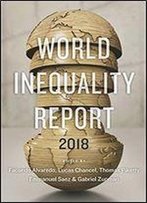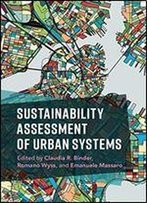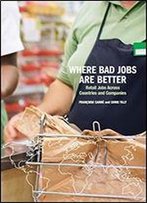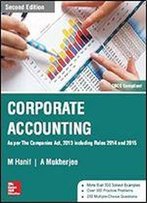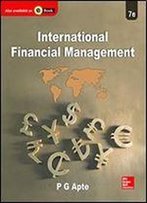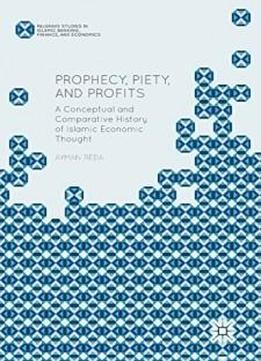
Prophecy, Piety, And Profits: A Conceptual And Comparative History Of Islamic Economic Thought (palgrave Studies In Islamic Banking, Finance, And Economics)
by Ayman Reda /
2017 / English / PDF
2.3 MB Download
This book examines, in greater depth than the existing literature,
the history of Islamic economic thought. It seeks to introduce
Islamic views to debates surrounding critical economic concepts,
such as scarcity, wealth, poverty, charity, usury, self-interest,
rationality, and markets. It does so through a comparative analysis
with the views of Judaic, Christian, and secular economic thought.
“Prophecy” is meant to signify the theoretical dimension of
religion, while “piety” represents its practical element; neither
part is feasible without the other. Together, prophecy and piety
inform the Islamic view of economic concepts and phenomena. This
view seeks to adjust our approach to profits, both in this world
and the next, and seeks to reexamine what is truly profitable and
worthy of sacrifice.
This book examines, in greater depth than the existing literature,
the history of Islamic economic thought. It seeks to introduce
Islamic views to debates surrounding critical economic concepts,
such as scarcity, wealth, poverty, charity, usury, self-interest,
rationality, and markets. It does so through a comparative analysis
with the views of Judaic, Christian, and secular economic thought.
“Prophecy” is meant to signify the theoretical dimension of
religion, while “piety” represents its practical element; neither
part is feasible without the other. Together, prophecy and piety
inform the Islamic view of economic concepts and phenomena. This
view seeks to adjust our approach to profits, both in this world
and the next, and seeks to reexamine what is truly profitable and
worthy of sacrifice.

